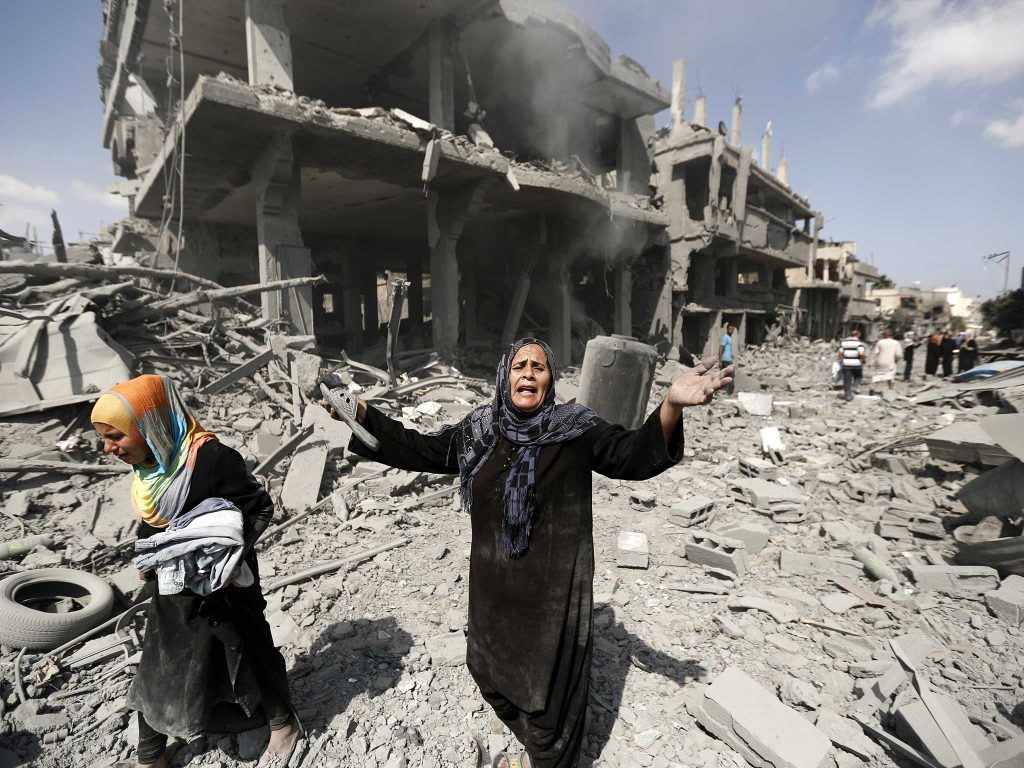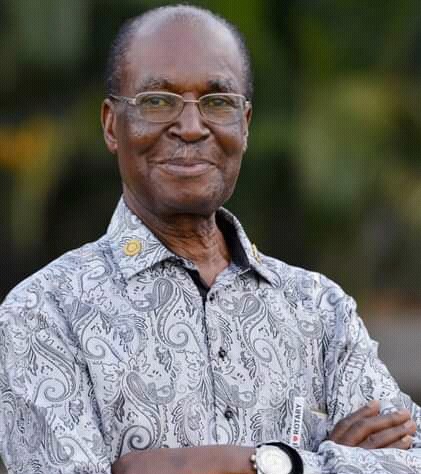Beyond Hamas: The Peril of Vacuums

Christopher Burke

Prime Minister Benjamin Netanyahu has repeatedly vowed to eliminate Hamas. The same calls have been echoed by many senior Israeli leaders and backed by Israel’s key allies. While anger and anguish are understandable, success cannot be assured and the dangers of escalation are very real in the absence of meaningful efforts to address the underlying causes that have given rise to the establishment and growth of this militant group.
Harakat al-Muqawama al-Islamiya (Hamas) that translates into English as the Islamic Resistance Movement was established in 1987. The organization was quickly designated a terrorist organization by a number of international organizations and countries including the United States, United Kingdom, Israel, Australia, Canada, Japan and the European Union.
There are countless examples where the elimination of such terrorist or rebel organizations created vacuums that were quickly filled by oftentimes more violent or radical groups. The transnational terrorist group Al-Qaeda responsible for the 9/11 attacks in the United States was supplanted in terms of notoriety and brutality by the emergence of the Islamic State (ISIS) that has engaged in widespread violence, including beheadings and mass killings.
The Hizbul Islam, an Islamist rebel group in Somalia, was replaced by Al-Shabaab known for acts of terrorism, insurgency and an affiliation with Al-Qaeda. In Macedonia, the National Liberation Army (NLA), involved in armed conflict the early 2000s, was succeeded by the more radical Albanian National Army (ANA) that advocated for a Greater Albania.
Another prominent rebel group was the Maoist Insurgency in Nepal replaced by the Communist Party of Nepal that regularly employed more violent and radical tactics. Political and economic pressures from Israel arguably played a role in the defeat of Fatah by Hamas in Gaza in 2007. History suggests sustainable peace is best assured by addressing the root cause of the conflict.
In an increasingly fractured world order, not altogether different from the lines predicted by Samuel Huntington’s Clash of Civilizations 30 years ago, the blatant double standards of the West simultaneously condemning the Russia’s invasion of Ukraine while supporting Israel’s occupation of Palestine have substantially diminished the moral authority of the West.
The vast majority of countries condemn the violence against civilians on both sides and call for a peaceful resolution. People across Asia, Africa and Central and South America are divided in their sympathies contingent on their historical ties with Israel and the Middle East in addition to their geopolitical considerations often influenced by the patronage of Israel and its allies.
In an increasingly polarized world, already galvanized by the conflict in Ukraine, building the consensus necessary to effectively sanction radical organizations presents serious challenges. The Iranian Foreign Minister Hossein Amirabdollahian, in an interview with Al Jazeera, warned his country “cannot simply remain an observer.” We must assume groups such as Hamas have ready access to diplomatic support and cutting edge weaponry.
The elimination of Hamas, in the current environment, cannot discount the emergence of another equally militant–if not more violent–group and will very likely result in an escalation of the conflict. Reiterating his belief that Hamas be eliminated, U.S. President Joe Biden has also stated there should be a path to a Palestinian state.
William Zartman, Professor Emeritus at Johns Hopkins University described the situation where the protagonists’ engaged in a conflict see more benefit from peace than continuing with conflict as the “ripe moment” for a negotiated solution. While Prime Minister Benjamin Netanyahu and the hawks within his government have not demonstrated any interest in talks, Hamas is undoubtedly ready for dialogue.
Despite the large-scale presence of Israeli troops in Gaza, an end to Hamas is far from assured and questions of what may follow if it is eradicated remain impossible to answer. With the vast majority of international actors calling for a peaceful solution, the situation is undoubtedly ripe for talks and a peaceful settlement to the unfolding crisis.
British Prime Minister Winston Churchill spent decades canvassing for the establishment of a Jewish national home in Palestine and famously advocated for jaw-jaw over war-war! A clear and decisive commitment to a negotiated settlement is required to avoid further loss of life if there is to be any chance of a robust and sustained peace in the region.
Christopher Burke is an independent observer based in Kampala, Uganda. Christopher has a strong background in development, communications, governance, conflict transformation and peace-building with 30 years’ experience based in Africa and East Asia.

 Henry Kisajja Kyemba: An enigma fades into the sunset
Henry Kisajja Kyemba: An enigma fades into the sunset
 The political economy of plastics in East Africa
The political economy of plastics in East Africa
 East Asian model offers useful lessons for rapid East African SME growth
East Asian model offers useful lessons for rapid East African SME growth
 Uganda’s proposed tax changes may dampen investor confidence
Uganda’s proposed tax changes may dampen investor confidence
 Will politics trump sense in Uganda Airlines mid-range aircraft selection?
Will politics trump sense in Uganda Airlines mid-range aircraft selection?
 Preparing for the megatrends: Carving a cost-efficient route to the future of travel
Preparing for the megatrends: Carving a cost-efficient route to the future of travel
